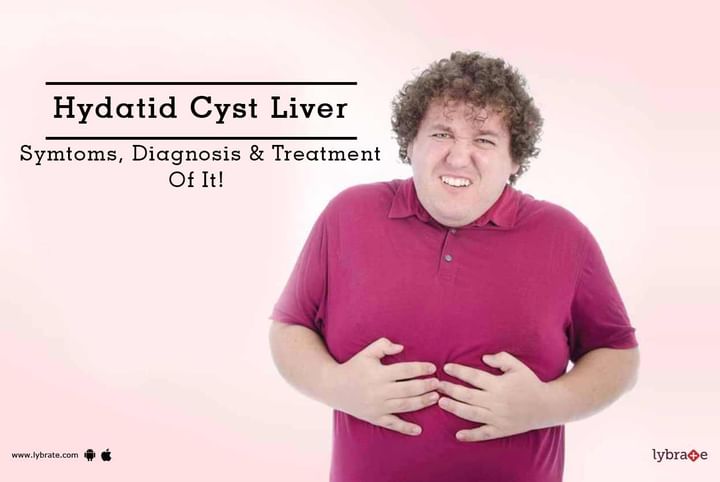Hydatid Cyst Liver - Symtoms, Diagnosis & Treatment Of It!
Hydatid cysts are generally spread by a species of tapeworm called Echinococcus granulous. It is a parasitic infection usually spread by faeces of dogs and other canines. It spreads to humans through consumption of food infected with the parasite.
Cystic Hydatid affects the liver more than any other organ. Hydatid cyst leads to infection and rupture of the biliary tree, intrathoracic rupture, internal rupture, and rupture into the viscera. Following diagnosis, immediate surgery is required to avoid further damage and complications. If untreated, the liver may fail to function and the cyst may rupture causing fatal consequences.
Identifying Symptoms of Hydatid Cyst:
Symptoms of Hydatid Cyst usually take weeks or months to develop. Some common signs to identify the presence of Hydatid cyst are –
• Abrupt weight loss
• Diarrhoea
• Swollen abdomen
• Weakness and fatigue
• Anaemia
• Coughing of blood from a ruptured cyst
• Jaundice
Diagnosis of Hydatid Cysts in Liver:
Common methods of diagnosis include CT scans, MRI, X-rays, ultrasounds and examination of blood, urine or any other body fluids in case the doctor suspects rupture of the cyst.
Treating Liver with Hydatid Cysts:
• Radiology – For cysts smaller than 15cm, interventional radiology treatment can be used. Radiology is only used when the cyst is still in an initial stage and has not developed any kind of complications.
• Omentoplasty – This is the most preferred and the safest surgical method to treat hydatid cyst in the liver. Omentoplasty has a low complication rate and the chance of reoccurrence of the disease is minimal. It eliminates the parasite and does not cause damage to the nearby healthy cells. Recovery period for this surgery is not much and patients are able to resume with their daily routine after a short period of rest.
• Laparoscopy – Recently laparoscopy has developed as a new surgical method for treating hydatid cysts. It uses helical fasteners, which help in fixing omental flap.
Prevent Spread of Hydatid Cyst:
Since the infection is caused by parasites present in dog faeces, it is important for owners to maintain a hygienic and healthy lifestyle and control the grazing ground of their pets.
• Prevent your dog from feeding on carcasses of other wild animals.
• Do not consume food items contaminated with the faecal remains of dogs.
• Avoid feeding your dog raw and unprocessed meat.
• Always wash your hands thoroughly after handling dogs, especially before meals. Teach children the importance of washing hands to avoid the spread of infection.
If diagnosed with hydatid cyst, one should seek immediate medical help. It is essential to identify early signs of the disease to avoid fatal effects on the liver.



+1.svg)
